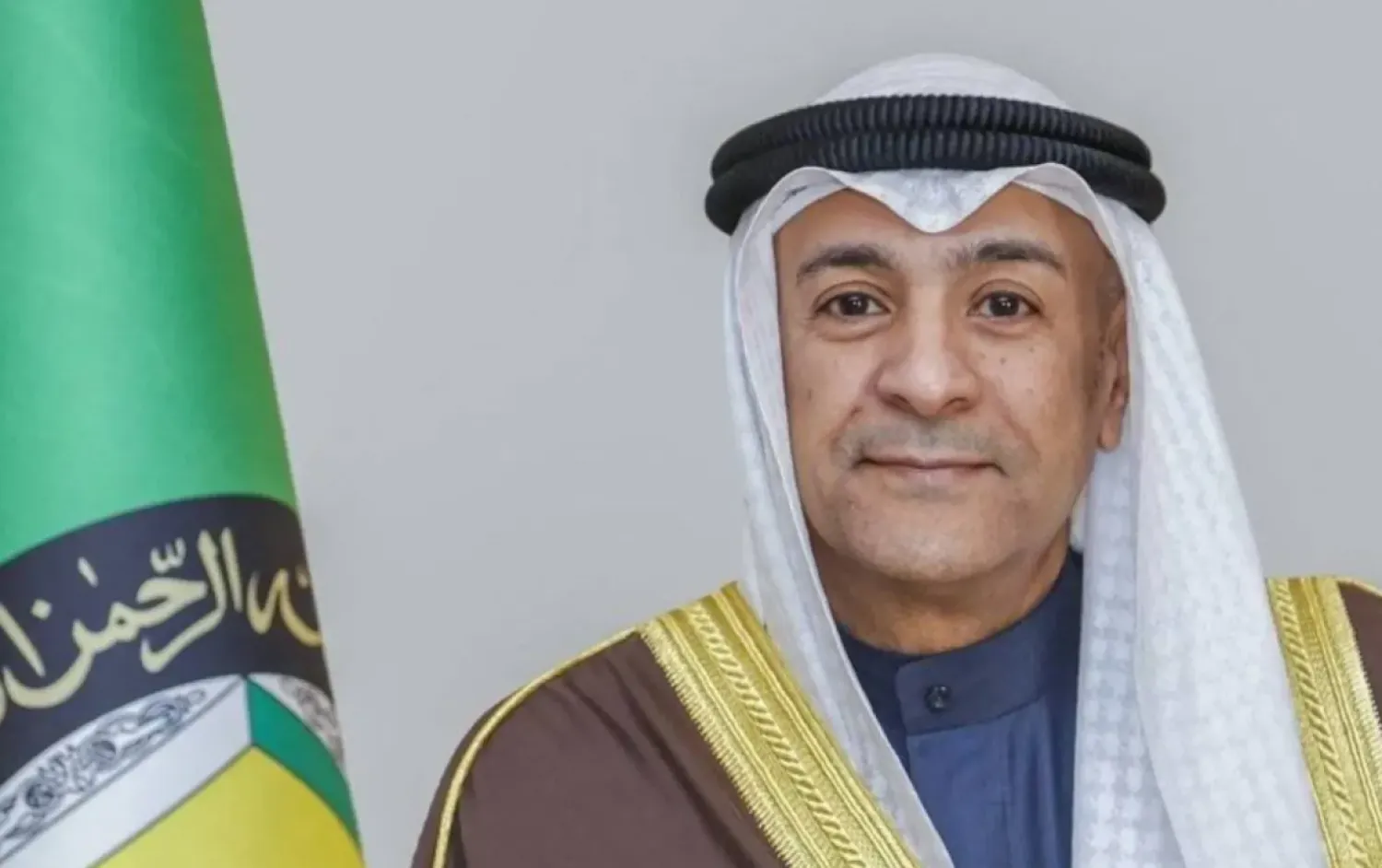The Kuwaiti High Committee for Nationality Affairs has revoked the citizenship of 489 individuals, a decision set to be presented to the Cabinet.
Thursday’s meeting was led by Sheikh Fahad Al-Yusuf, the Deputy Prime Minister and Minister of Defense.
This is the largest number of citizenship revocations carried out at once since Sep. 20, when the committee removed the citizenship of 112 people.
There are no official figures on the total citizenship revocations since the committee began its work in March.
The Kuwaiti authorities have launched a campaign to revoke citizenship for various reasons, mainly fraud.
Unofficial estimates indicate that about 1,300 individuals have had their citizenship revoked as of the end of September.
Al-Yusuf announced the revocation of citizenship for 850 individuals, stating that this process will continue.
He told a local newspaper that those affected did not challenge the committee's decisions, as they were supported by strong evidence.
Al-Yusuf emphasized that the citizenship revocation process is just beginning and will continue after careful review.









